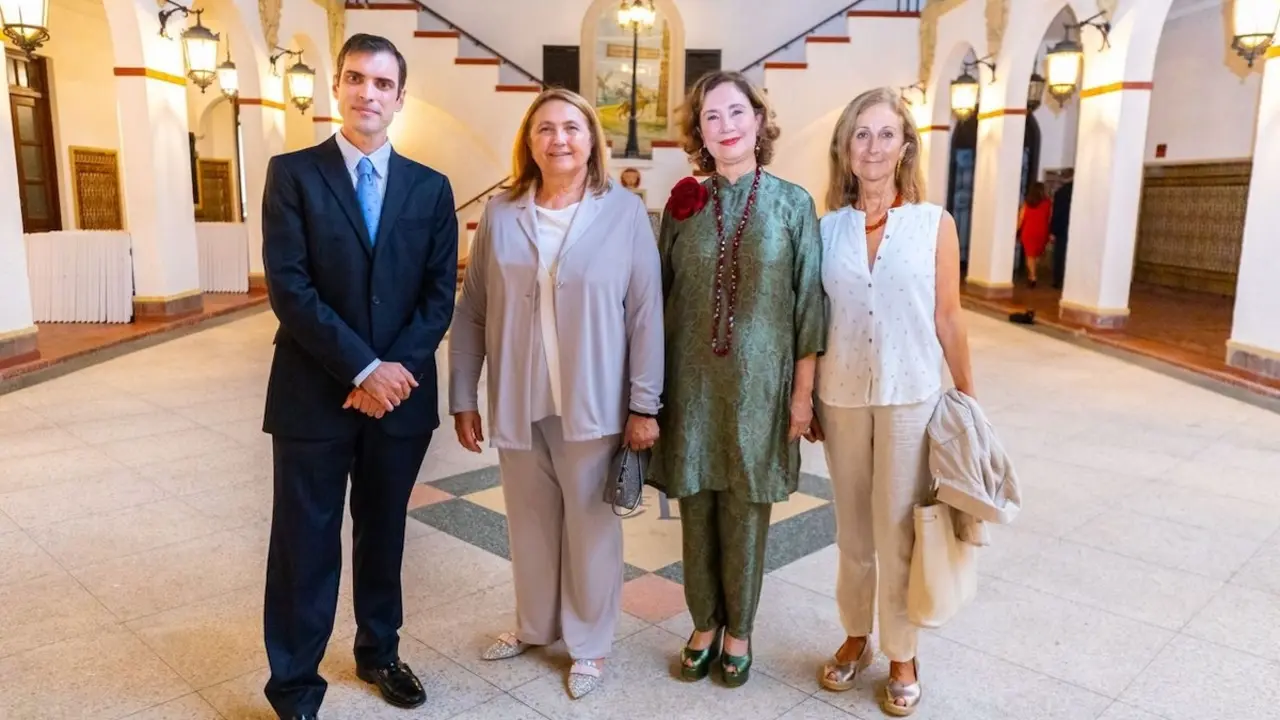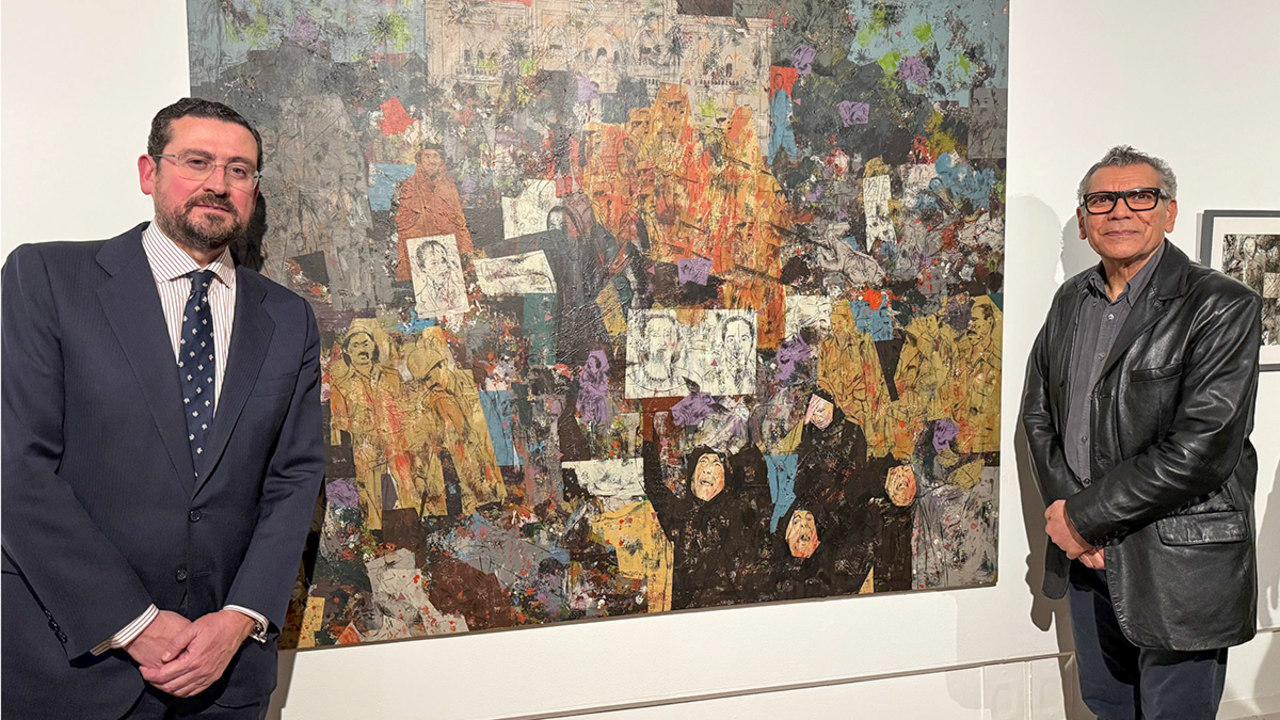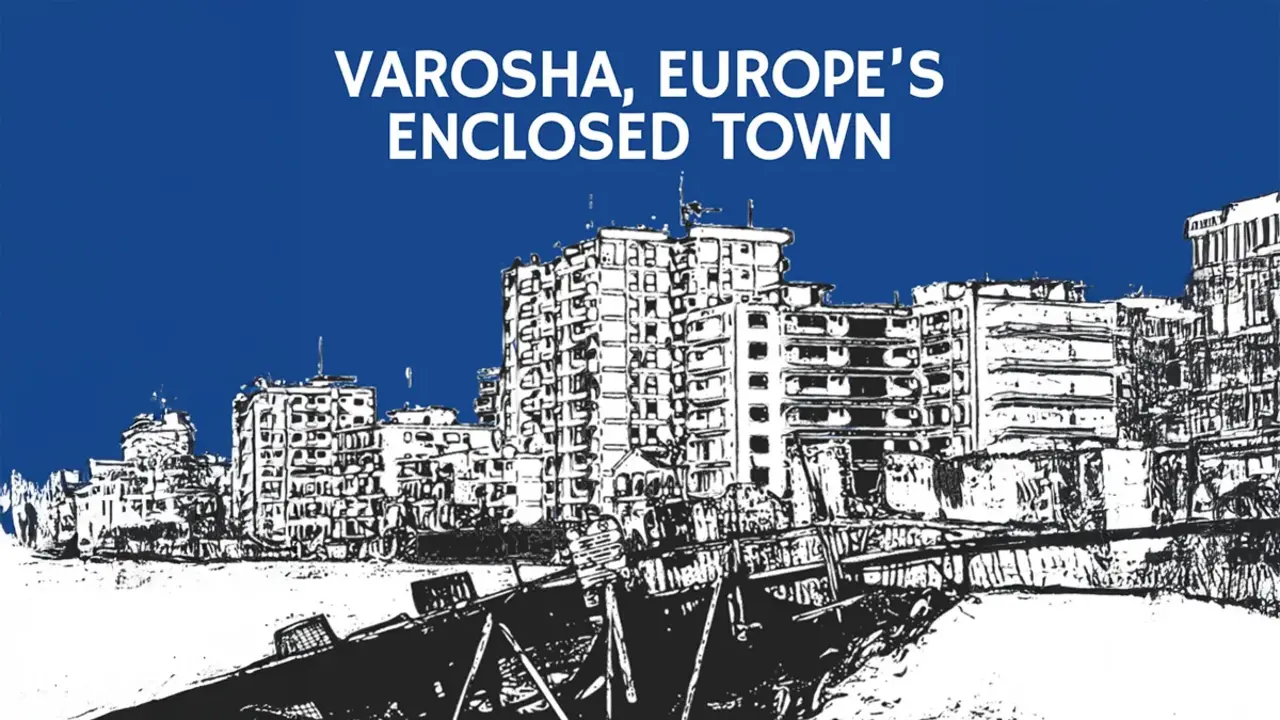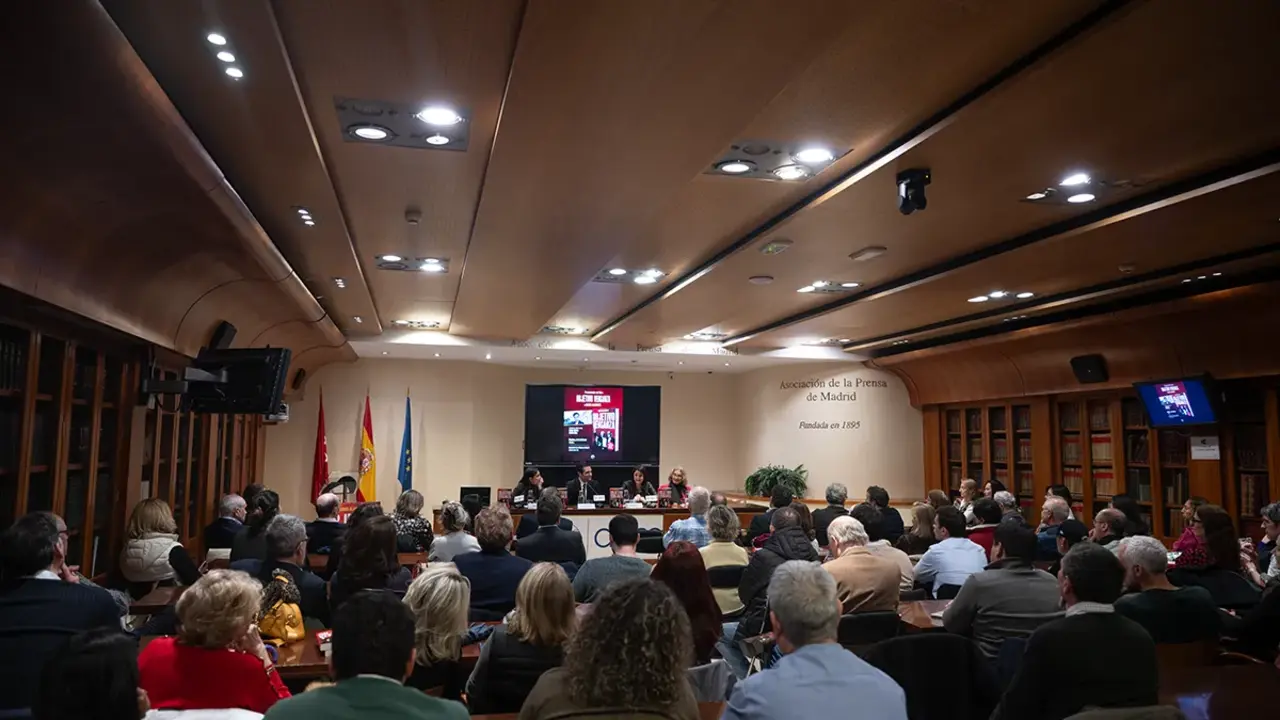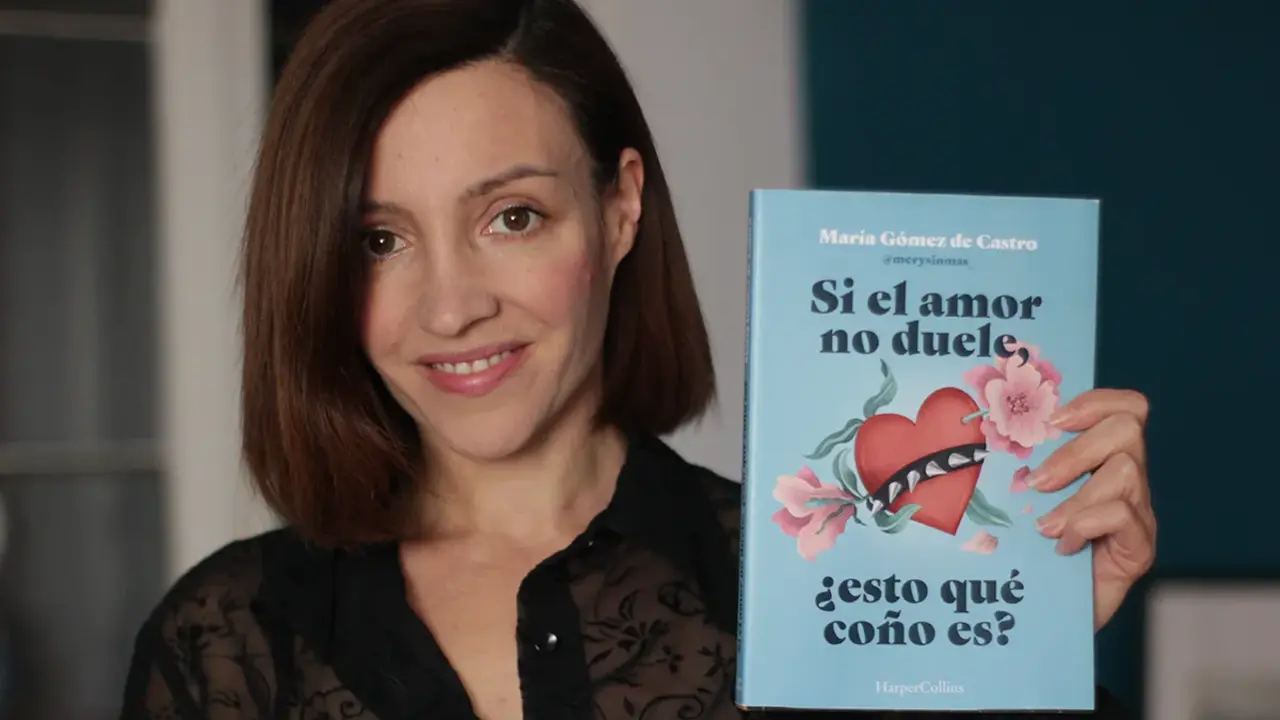A different woman in Mussolini's Italy
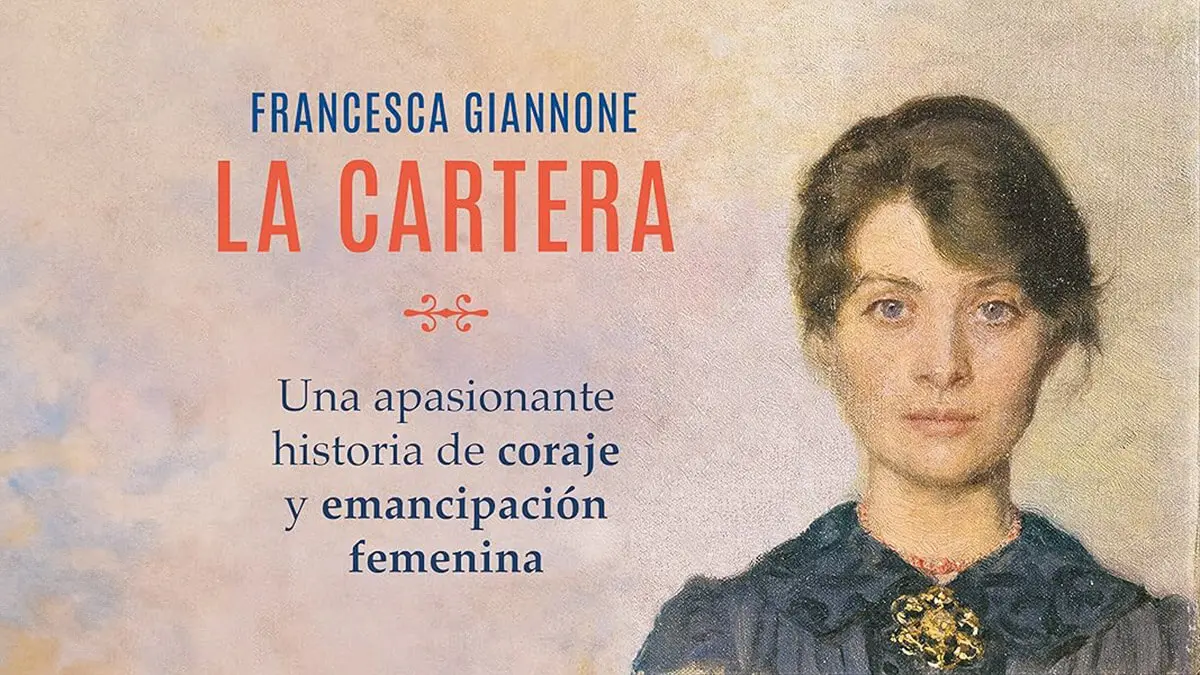
The writer Francesca Giannone, born in the Puglia region, one day found a business card in a drawer of the family home, with a brief text: Anna Allavena. Wallet. It turned out to be her own great-grandmother. From his enquiries he found out that the woman had an extraordinary story.
Thus was born ‘La Cartera’ (Duomo Ediciones, 464 pp.), in which a novel about thirty years of an exciting and moving family saga, with 1930s Mussolini's Italy in the background, the divisive and transforming events of the Second World War and the great political and social changes that took place after the end of that trauma.
The plot is set in Lizzanello, a small town of a few thousand souls in the Salento region in the south of the Italian peninsula. A bus stops in the main square and a couple gets off: he, Carlo, is a genuine son of the south; she, Anna, his wife, born in the north, is sad and worried about the many uncertainties she faces in an unknown land.
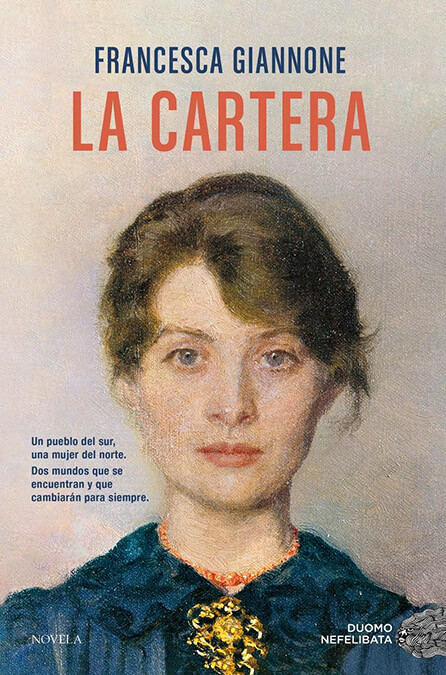
Even thirty years after that day, to the townspeople Anna will remain ‘the outsider’, the different one, the one who does not go to church, who does not walk around the town or take an interest in the gossip that fuels the daily conversations of its inhabitants. Anna, proud and elusive, will never bend to the unwritten laws that oppress the women of midday Italy. She will succeed thanks to the love she feels for her husband, a love whose strength is clearly seen by Carlo's older brother Antonio, who falls in love with Anna the moment he sees her for the first time. Later she does something revolutionary: she applies for a post at the Post Office. ‘The wallet’, as Anna wants to be called, will become the invisible thread that links the inhabitants of the village and their stories. First on foot and then by bicycle, proud of her uniform and her cap, she will change life in Lizzanello.
For readers not only in Italy but throughout southern Europe, the novel, written in prose as elegant as it is delicate, distils its own flavours and aromas, seasoned with the daily political and trade union struggles, the secrets and passions that every human being experiences along with the environment that surrounds them.
In that dark Italy, as in the Spain and Greece of the same time, each country with its own vicissitudes, these were years in which it took great courage to question in word and deed the traditional norms that governed people's behaviour, especially their sexual tendencies. The love stories are therefore even more complex, all the more so as different types of love emerge, such as filial and friendly love, as well as romantic love.
And, finally, so that nothing is missing, cooking runs through the novel as a cultural and personal expression. Making pesto, following the family recipe, helps the protagonist to remember her homeland, as well as to build bonds with her new family. For those who consider food a fundamental ingredient of life, the author describes in detail the dishes eaten at family gatherings. She gives the making of pesto the character of a sacred and powerful ritual.
Francesca Giannone has become so imbued with her own narrative that she has moved back to live in Lizzanello, where, in addition to preparing her new novel, she cultivates her other great passion, painting, always with a favourite and central theme: women.


